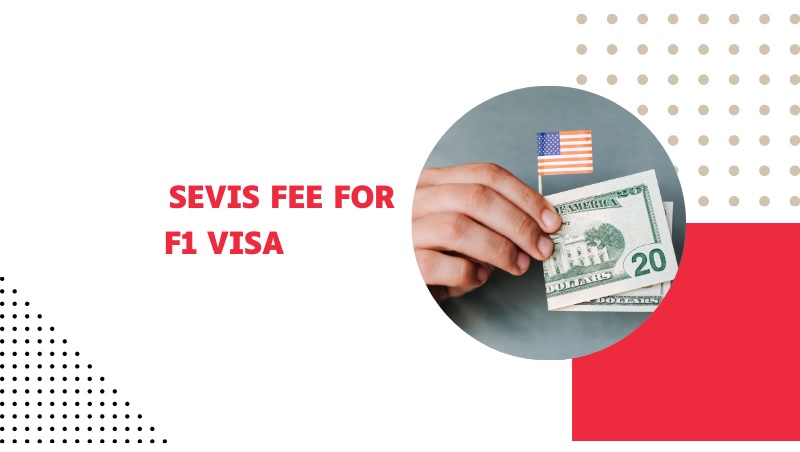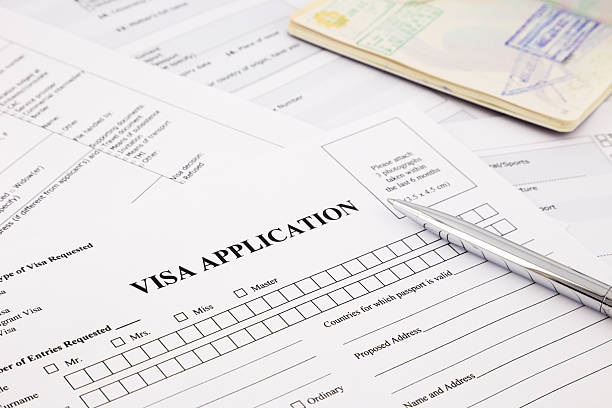

Studying in the United States offers numerous benefits, including access to some of the world’s best universities, a diverse student population, a dynamic cultural environment, and access to a wide range of educational and career opportunities.
There are several reasons why people choose to study in the United States:
Quality education:
The United States is home to some of the world's most prestigious universities and colleges, offering high-quality education and research opportunities.
Diverse programs:
With a wide range of academic programs and degrees, students can choose from a variety of disciplines and specialties to pursue their studies.
Global exposure:
Studying in the United States provides students with exposure to diverse cultures, backgrounds, and perspectives, helping them develop a global perspective and intercultural communication skills.
Career opportunities:
The United States has a strong job market, with many opportunities for students to start their careers and grow professionally.
Excellent career prospects:
Many industries in Greece are rapidly expanding, providing excellent career opportunities for graduates.

Innovation and technology:
The United States is known for its innovative and technologically advanced society, offering students the chance to experience and contribute to cutting-edge research and development.
Cultural attractions:
The United States is a culturally rich and diverse country, with numerous historical and cultural attractions, museums, music and arts scenes, and outdoor recreational activities.
Decide on the school and program you want to attend in the US. Choosing a university and program in the US can be a complex and important decision.
a. Gather required documents:
Assemble all of the required documents for the visa application, including the I-20 form, passport, financial support documents, and any additional materials specified by the embassy.
b. Review visa requirements:
Review the requirements for an F1 visa, including the purpose of your trip, your academic background, and your financial resources.
c. Prepare for the interview:
Familiarize yourself with the questions that are typically asked during a visa interview and practice answering them.
d. Be concise and clear:
Speak clearly and succinctly, and provide specific and direct answers to the consular officer's questions.
e. Show strong ties to your home country:
Demonstrate that you have strong ties to your home country and a clear plan to return after your studies are complete.

f. Be respectful:
Be courteous and respectful during the interview, and avoid being argumentative or confrontational.
g. Dress appropriately:
Dress professionally and conservatively for the interview, as first impressions are important.
Note: It is important to carefully research and consider all of these factors to make an informed decision about the university and program that will best support your academic and career goals.
After being accepted to a university in the US, there are several important steps you should take:
a. Accept the offer:
Formally accept the offer of admission by following the instructions provided by the university.
b. Apply for housing:
If you plan to live on campus, apply for housing as soon as possible to secure a spot.
c. Arrange for financing:
Determine how you will pay for tuition, housing, and other expenses, such as scholarships, grants, loans, or family support.
d. Apply for a student visa:
If you are an international student, apply for a student visa through the U.S. Embassy or Consulate in your home country.
e. Plan for arrival:
Arrange for transportation and housing for your arrival, and make sure to understand the important deadlines and orientation dates provided by the university.

f. Attend orientation:
Attend the orientation programs offered by the university to meet other students, learn about campus resources, and get adjusted to your new environment.
h. Register for classes:
Register for classes and familiarize yourself with the academic calendar and requirements.
g. Know your campus:
Know about campus to get a sense of the atmosphere and get in touch with current students and faculty.

The SEVIS fee is a fee required by the U.S. government to maintain the Student and Exchange Visitor Information System (SEVIS) database.
Schedule a visa interview appointment in the U.S. Embassy or Consulate in your home country.

Preparing for a US F1 visa interview can help increase your chances of obtaining a visa. Here are some steps to follow:
a. Accept the offer:
Formally accept the offer of admission by following the instructions provided by the university.
b. Apply for housing:
If you plan to live on campus, apply for housing as soon as possible to secure a spot.
c. Arrange for financing:
Determine how you will pay for tuition, housing, and other expenses, such as scholarships, grants, loans, or family support.
d. Apply for a student visa:
If you are an international student, apply for a student visa through the U.S. Embassy or Consulate in your home country.
e. Plan for arrival:
Arrange for transportation and housing for your arrival, and make sure to understand the important deadlines and orientation dates provided by the university.

f. Attend orientation:
Attend the orientation programs offered by the university to meet other students, learn about campus resources, and get adjusted to your new environment.
h. Register for classes:
Register for classes and familiarize yourself with the academic calendar and requirements.
g. Know your campus:
Know about campus to get a sense of the atmosphere and get in touch with current students and faculty.
Note: The consular officer's decision is based on many factors, including the documents you provide and the information you present during the interview, so it's important to be well-prepared and honest.

Attend the visa interview and answer questions about your plans for studying in the US.
After the interview, the visa officer will inform you of the visa decision, either granting or denying the visa. If granted, the visa officer will collect the passport and get your visa printed on your passport in a few days.



